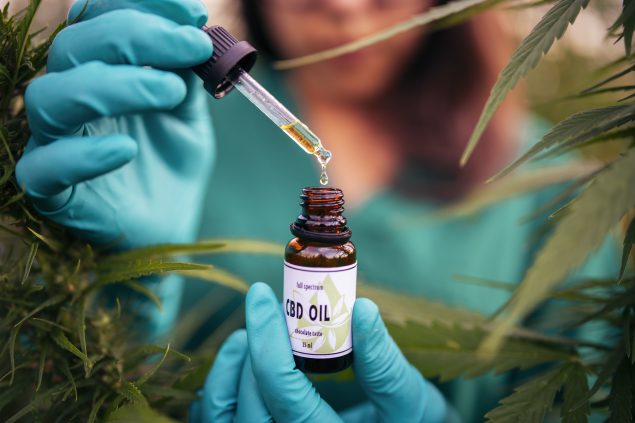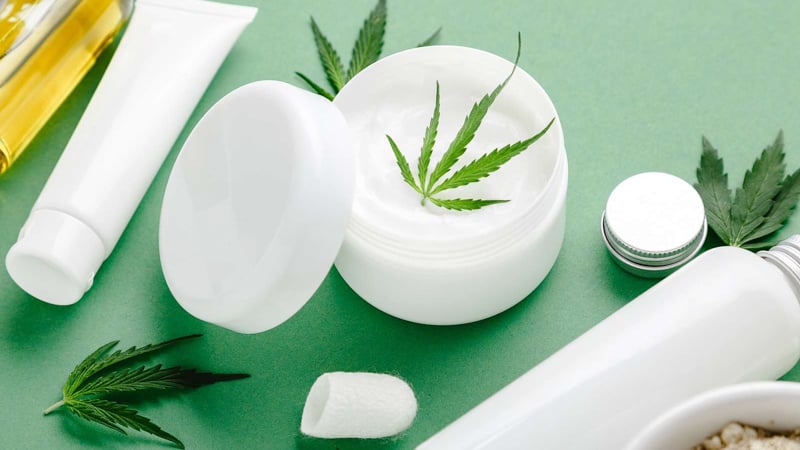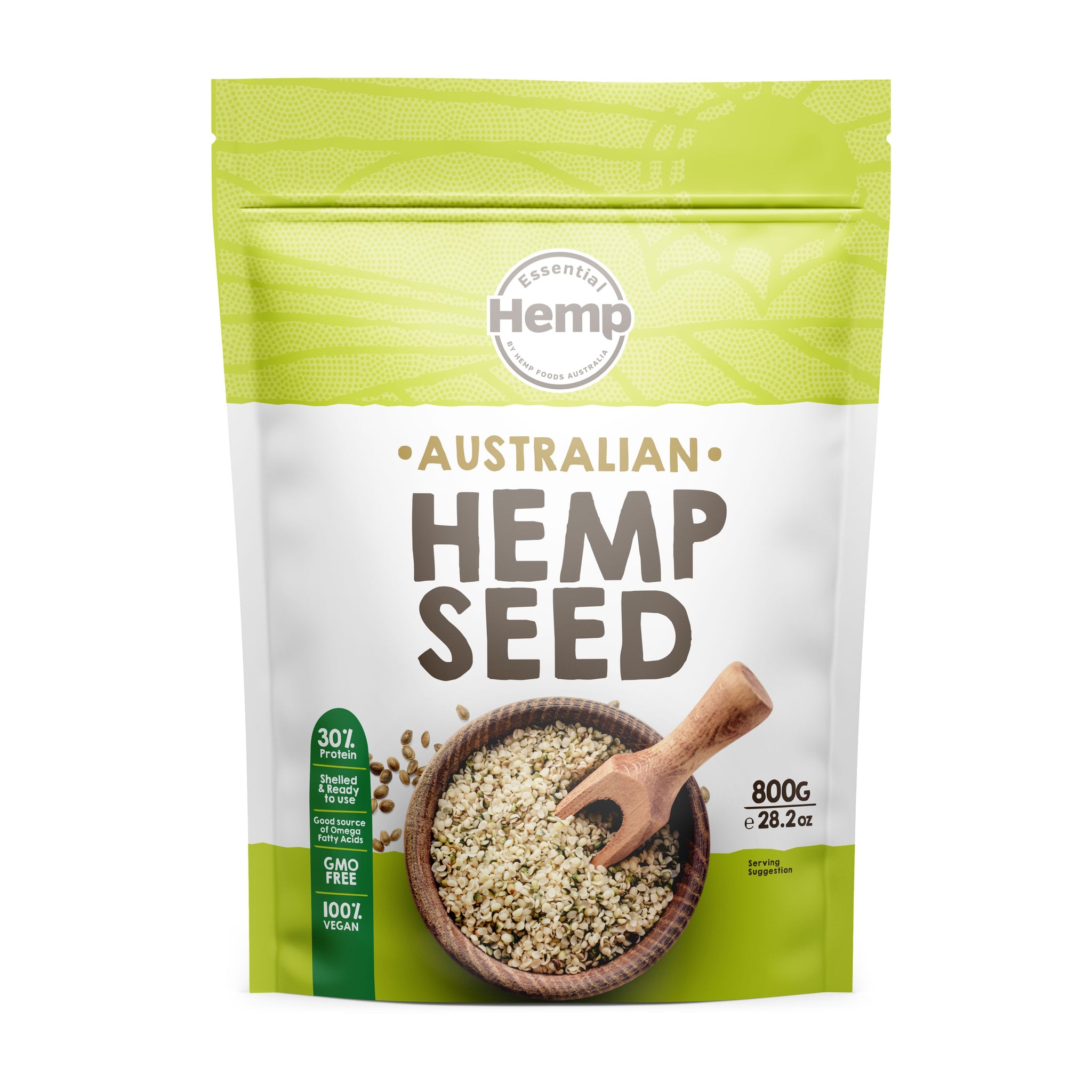
Hops cannabinoids are a group of natural compounds found in the hop plant, known as Humulus lupulus. They have been used for centuries and are an important ingredient in beer.
The first thing most people think of when they hear the word "hops" is that it's a bittering agent in beer. This is true, but it's not all that hops are known for, and they do more than just make beer taste good.
They are an important medicine crop as well as an essential ingredient in beer brewing. They have their own unique terpenes, and other chemical compounds, which can offer many medical benefits to people.
Marijuana shares a common root: Hops and Marijuana are part of the Cannabaceae Family
Cannabaceae is a long-standing family of plants that includes many well-known species of botanical species as well as thousands more. Cannabis and hops belong to the Cannabaceae Family. They share a number of similar traits, and scientists have long suspected that they are related.

Native Americans used marijuana and hops for a variety purposes. They were used, among others, to treat pain, inflammation, and nausea.
They were also used in food preservation. Their leaves were also used as a popular fungicide to control infections in livestock. They were also used to flavor foods such as chocolate and candy.
The Differences between Cannabis & Hops
Cannabis is generally considered to be more potent than hops. They also have different growth patterns. Hops are known for growing vine-like, but cannabis plants can grow upright. They have broad, palmately-lobed, large leaves and small buds that resemble a cone.
Both plants have an unique smell that many can identify by their odor. The aromas are due to a special group of molecules called terpenes. They are a part of the chemistry that gives cannabis its smell and cannabinoid effects.
These terpenes can be found not only in cannabis and hops but also in many other plants. For example, lemons have limonene, lavender has linalool, and conifers have pinene.

Cannabis and Hops Have Much in Common
Both plants share many similarities, including their tiny hair-like structures called trichomes. These trichomes have a variety cannabinoids (flavonoids) and terpenes.
A recent report indicates that CBD extracted from hops could be a promising option for cannabis and hemp lovers. It is possible that hops may contain trace amounts of CBD. People believe CBD extracted from hops could be used as a therapeutic agent and help with a wide range of ailments.
These benefits are still unknown. Experts believe they have a stronger sedative effect while others believe they could be helpful in treating anxiety and insomnia. There are also concerns about whether CBD can be extracted from flowers of cannabis plants. It might be more difficult to test for THC.
FAQ
Where can I purchase CBD products?
You can purchase CBD online or at local retail stores. Online retailers often offer better deals. Many websites offer CBD products that are made from industrial hemp. This product contains less than 0.3% THC.
You can shop locally if you prefer to buy CBD products from brick-and-mortar stores.
Many states now allow CBD products to sold without a prescription. CBD products might be available for purchase at your local pharmacies if you're a resident in one of these states.
CBD products could even be delivered to your home.
How does the price of CBD vary across different states?
Prices for CBD products depend on where you are located. You can even find prices that are more than 10 times higher in some places!
Prices tend to increase as you move further north. In Alaska, CBD is $35 per gram on average, while it costs $200 in Hawaii.
This trend is evident throughout the country. Prices can range from $5-$2,500 per gram.
Why is this happening to you?
The varying levels and regulations of cannabis regulation are one reason prices can vary widely. Some states require that CBD products contain no THC (the psychoactive ingredient of marijuana). Other states don't care what level of THC is present.
Some companies may choose to sell their products first in one state before shipping them to another.
Is CBD growing?
The answer is yes! And this growth is expected to continue into the future as legalization spreads across North America. Canada was the first country to legalize recreational cannabis use. Several states also have medical marijuana laws.
This trend will likely continue for at least another decade as more states pass legislation allowing access to medicinal marijuana.
It is also economically sensible to legalize marijuana. Legalizing marijuana has many other benefits.
It could, for example, help lower crime rates by decreasing the availability of illegal drug. It could also be a source for tax revenue.
As more people turn to legal weed, they may also choose to consume less alcohol. This would reduce hangovers and increase health care costs.
For chronic pain patients, marijuana may even improve quality of their lives. Many believe that THC, which is the active ingredient of marijuana, can help relieve muscle spasms and nausea from chemotherapy.
The use of marijuana may be a useful tool in treating mental illness such as anxiety and depression. In fact, some studies suggest that marijuana can even treat schizophrenia.
So, although the future looks bright for the CBD industry, we should not forget that there are still plenty of challenges facing us along the way.
Which countries produce the highest quality CBD?
The United States produces most CBD products.
Canada, Australia New Zealand, Israel and New Zealand also produce high-quality CBD product.
Statistics
- however, one study also found that these effects were virtually abolished when the original media (a nutrient broth agar) was replaced with one containing 5% blood (increasing the minimum concentration to ~160 μM CBD) [179]. (ncbi.nlm.nih.gov)
- As a substance that was federally illegal before the passage of the 2018 Farm Bill, hemp-derived cannabinoids with no more than 0.3% THC still face a regulatory grey area. (forbes.com)
- OralWhere HED is the human equivalent dose, and Km is a correction factor estimated by dividing the average body mass (BM) of the species (60, 0.020, and 0.150 kg for 11 humans, mice, and rats, respectively) and by its surface area (see: Nair et al. (ncbi.nlm.nih.gov)
- A recent study [161] also found that in vitro CBD treatment (i.e., ≤ 2 h exposure to 10 μM) induced ~40% vasorelaxation in isolated (pre-constricted) (ncbi.nlm.nih.gov)
- HR −16 mmHg; 95% CI −26, −6; I2 = 92%) (ncbi.nlm.nih.gov)
External Links
How To
What are the main issues with the CBD industry.
The current market for CBD products is growing at an incredible rate. Businesses looking to get into this market face many obstacles. These include a lack of consumer awareness, high cost of entry, limited access to capital, and regulatory uncertainty.
Many consumers do not know what CBD is or how it works. This means that consumers are unable make informed decisions about purchasing CBD products.
Most CBD companies rely heavily upon word-of mouth marketing. This is expensive because it requires paying for advertising and hiring staff to promote their brand.
Another issue facing new entrants into the CBD industry is the high cost of production. The raw materials needed to create CBD products are quite expensive. CBD oil is made from hemp that has been grown in particular climates.
For CBD oil to be produced, you need to plant enough hemp. This costs about $1,000 an acre. Many small farmers can't afford to begin.
The lack of capital access is another obstacle new entrants to the CBD market face. Banks are often discouraged from helping people start businesses because of the stigma that surrounds the industry.
There is also regulatory uncertainty around the sale of CBD products. There are currently not clear guidelines as to how CBD products should marketing.
Although some states have passed legislation restricting CBD product sales, this has not become a national policy.
Only Nevada, Maine, and Nevada have legalized recreational pot.
Some states, such as Michigan and Massachusetts, are looking at similar measures.
These changes could cause increased competition among CBD manufacturers.
These factors are why many entrepreneurs prefer to work from home than open a physical store.